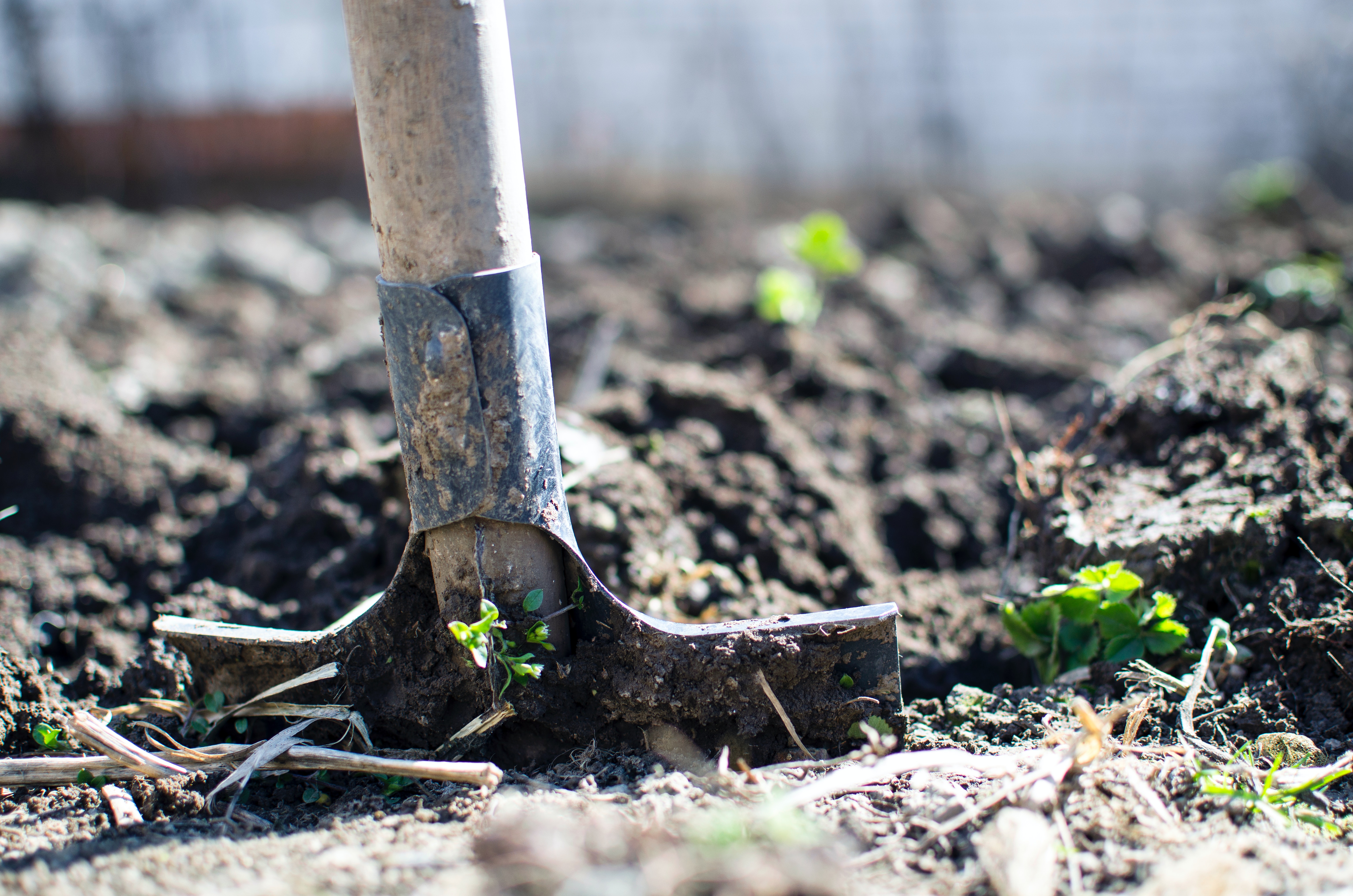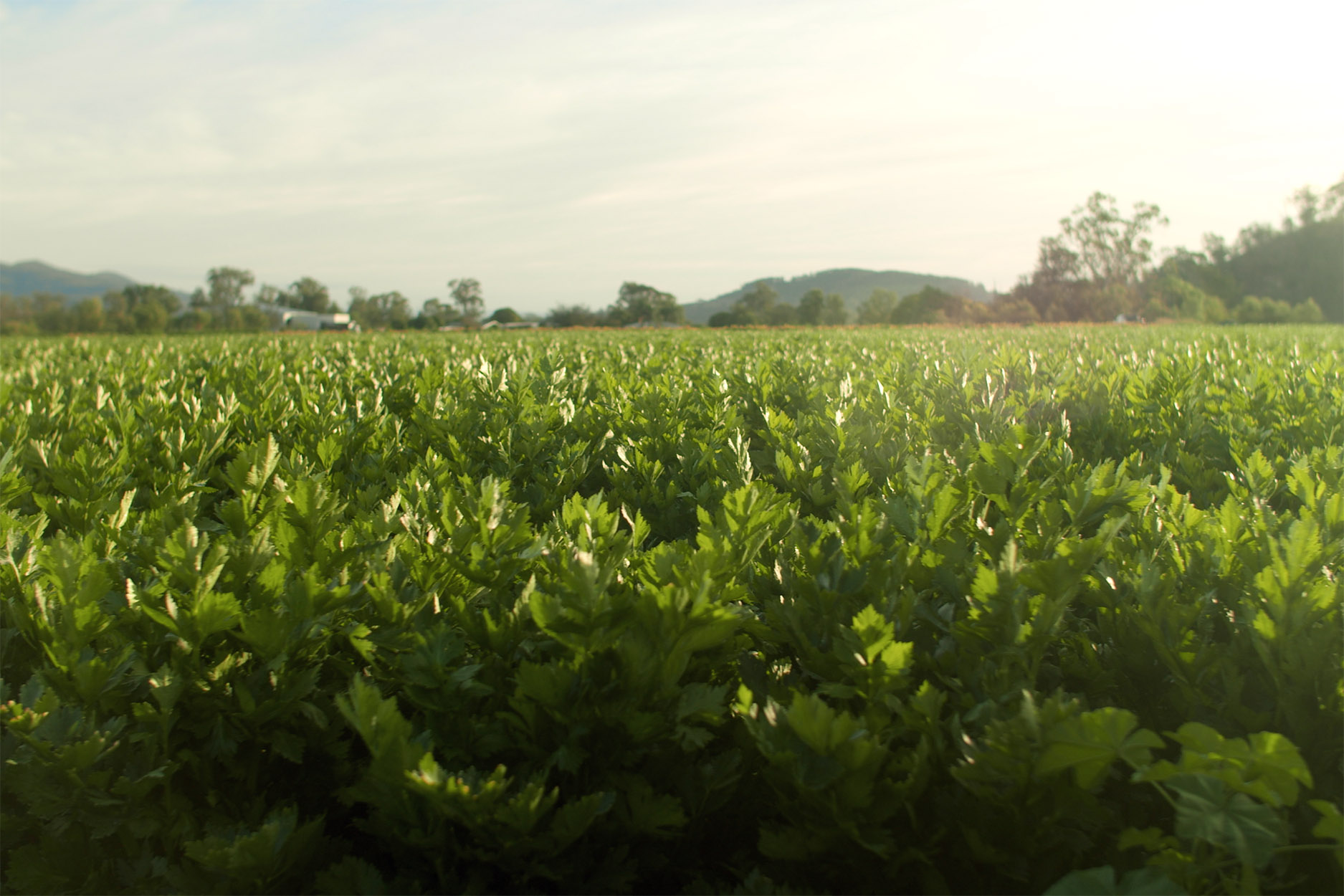8 Organic Farming Facts
8 Organic Farming Facts
The organic farming industry is fast-growing and it’s not hard to understand why with all of the environmental benefits it provides. We live and breathe organic at Australian Organic Food Co. and could rattle off dozens of interesting facts! We’ve restrained ourselves and put together our top 8 organic farming facts for you to share at your next dinner party!
1. It’s Good For The Environment
There are so many different benefits that come from organic farming and healthy soil, which enables microbes to thrive, and creates a supportive habitat for insects and birds, including local and migratory creatures.
2. It Has To Meet Strict Criteria
In Australia, if you’re a certified organic farmer or a certified organic manufacturer, there are strict rules you need to adhere to. For organic farmers, this dictates everything from the types of fertilizers they can use to the way livestock are treated. For us, it means we only use 100% Australian organic ingredients in all of our products.
3. Demand Is Growing
Every year, more and more Australians are making the change and going organic. In Australia, the average industry growth for organic farming from 2015 to 2020 was 13.0%. It’s a $2 billion industry made up of 2,312 businesses.

4. Organic Farms Can Use Pesticides
Importantly, organic farmers are prohibited from using synthetically derived pesticides, fungicides and herbicides, but there is a list of allowed natural pesticides that organic farmers can use, which include substances like Neem tree extract and Ryania plant stem. Where botanical pesticides are used, they must be part of a biorational pest management program, and cannot be the primary method of pest control. The least-toxic botanicals must be used in the least ecologically disruptive way possible.
Other natural pesticides include putting predatory insects to work! Insects like ladybirds, lacewings, wasps help keep control of pests that can destroy crops.
5. Organic Farming Isn’t Just Food
When we think organic, our minds often go straight to produce and protein products but the organic farming industry is made up of more than just food producers. It applies to growing raw materials that are used in everything from clothing and bedding to children’s products like nappies and baby wipes. The conventional farming of cotton is highly water intensive, while 95% of the water used to grow organic cotton is green water (rainwater and water stored in the soil).
6. Organic Doesn’t Always Mean Organic – Look For The Australian Certified Organic Bud
In Australia, the use of the word ‘organic’ isn’t regulated. If you want to buy organic, make sure it’s from a certified organic producer by checking to see if the Australian Certified Organic bud logo is on the packaging.

7. Australia Has The Largest Area of Organic Land in the World
It’s true! In Australia, we have the largest area of untouched organic land in the world! We really are the lucky country.
8. Organics Can Help in Our Fight Against Climate Change
This climate fighting ability is not just because organic farmers do not contribute to the tonnes of synthetic herbicides, insecticides and fungicides that conventional farmers use to grow their produce. It actually has everything to do with soil health. Healthy soil and the diverse microbiome it hosts provide the building blocks required to sequester carbon in the soil – healthier soil can store more carbon and keep it in the ground, rather than in our atmosphere.
We believe in a sustainable and healthy future for all Australians — it’s the reason we’ve partnered with Australian organic farmers. There are many reasons to buy organic but some of the most pressing are its benefits for the environment. Learn more about the benefits of organic farming.